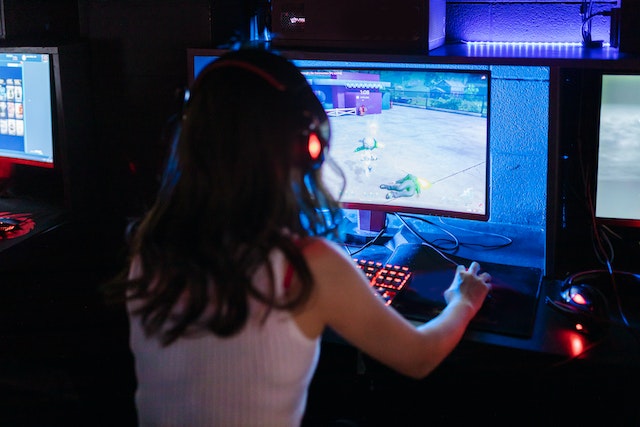
On August 3, 2019, only hours after a horrific shooting in El Paso, Texas, which killed 23, a familiar talking point surfaced: video games were to blame.
For decades, the subject of whether computer games encourage real-world violence among children and adolescents has sparked debate – and headlines. After more than 20 years of study, experts are unable to establish a causal relationship between violent video game play and violent behavior. Nevertheless, a longitudinal investigation of the relationship between video game violence and human aggressiveness found that any influence was too minor to be practically important, according to a meta-analysis published in Royal Society Open Science in 2020.
So, what is the source of this myth's persistence? First, let's examine the controversial debate regarding the alleged relationship between video games and violent conduct.
On August 3, 2019, only hours after a horrific shooting in El Paso, Texas, which killed 23, a familiar talking point surfaced: video games were to blame.
For decades, the subject of whether computer games encourage real-world violence among children and adolescents has sparked debate – and headlines. After more than 20 years of study, experts are unable to establish a causal relationship between violent video game play and violent behavior. Nevertheless, a longitudinal investigation of the relationship between video game violence and human aggressiveness found that any influence was too minor to be practically important, according to a meta-analysis published in Royal Society Open Science in 2020.
So, what is the source of this myth's persistence? First, let's examine the controversial debate regarding the alleged relationship between video games and violent conduct.














